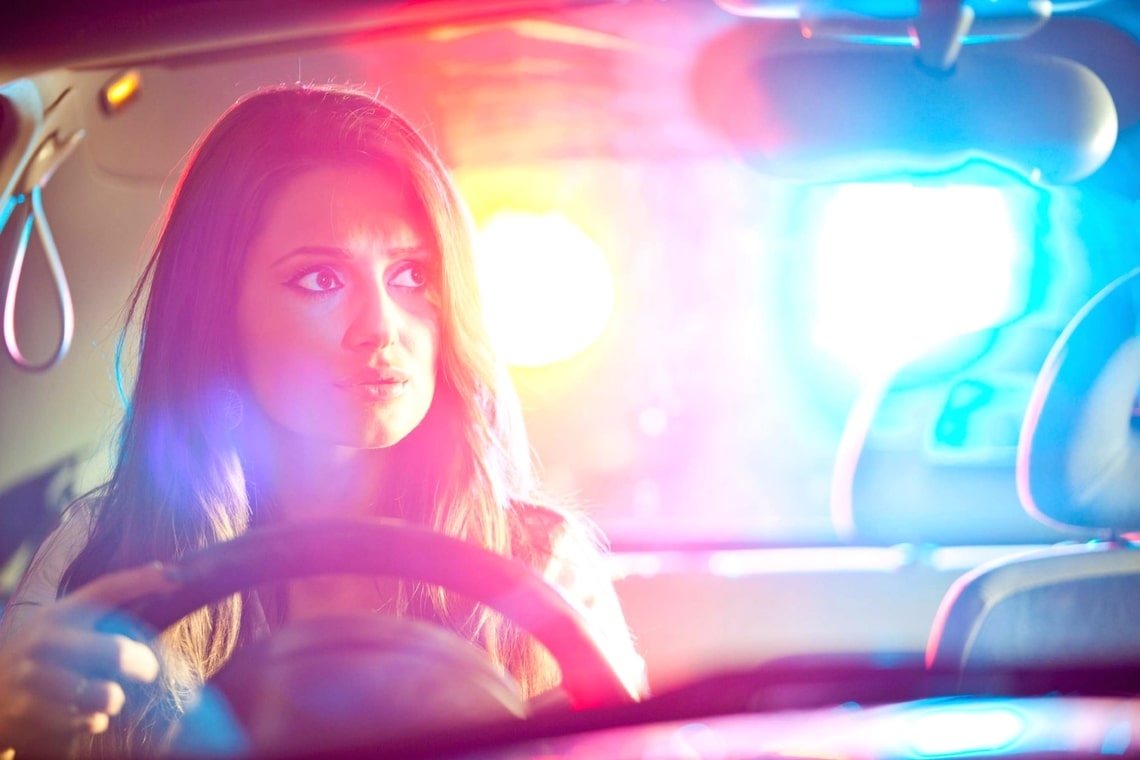What circumstances are the police allowed to stop someone and what evidence do they need to ask for a breath test?
The law relating to preliminary tests was contained in the Road Traffic Act 1988 section 6. This has been replaced by the Railways and Transport Safety Act 2003. There are 3 types of preliminary tests, a breath test, an impairment test and a drug test. The impairment test coves both drink and drugs. The preliminary drug test relies upon testing sweat or saliva.
This is a complex area of law and it is important that you get advice from a specialist Drink Drive Solicitor. These pages are designed to provide lawyers and students with details of the law and not for help in court. If you would like clear and honest advice call us on 01623 600645.
Power to administer preliminary tests:
Section 6 Road Traffic Act 1988
(1) If any of subsections (2) to (5) applies a constable may require a person to co-operate with any one or more preliminary tests administered to the person by that constable or another constable.
In order to require a preliminary test one of the following must apply
(2) This subsection applies if a constable reasonably suspects that the person
(a) is driving, is attempting to drive or is in charge of a motor vehicle on a road or other public place, and
(b) has alcohol or a drug in his body or is under the influence of a drug.
Relatively straight forward, if a police officer suspects that a person who is driving, attempting to drive or is in charge of a car has alcohol or drug in his body or is under the influence of a drug he can order him to take a preliminary test. It is worth noting that the police officer only has to have a suspicion that the driver has alcohol or drugs in his body.
(3) This subsection applies if a constable reasonably suspects that the person
(a) has been driving, attempting to drive or in charge of a motor vehicle on a road or other public place while having alcohol or a drug in his body or while unfit to drive because of a drug, and
(b) still has alcohol or a drug in his body or is still under the influence of a drug.
Similar to above but here the officer does not have to catch him driving, just have reasonable suspicion that he has been driving, has attempted to drive or was in charge of a vehicle whilst having alcohol or drug in his body and STILL has alcohol, drugs in his body or is under the influence of a drug.

Katie Forrest of Forrest Williams
(4) This subsection applies if a constable reasonably suspects that the person
(a) is or has been driving, attempting to drive or in charge of a motor vehicle on a road or other public place, and
(b) has committed a traffic offence while the vehicle was in motion.
Note here the officer does not have to suspect alcohol at this stage, merely that there has been a moving traffic offence. This is a very wide phrase and includes virtually anything such as crossing the central line briefly, speeding, not going through a red light etc. The officer doesn’t have to prove that a traffic offence was committed just that he suspected that one had been. So if a driver is required to provide a preliminary test and refuse it is not a defence to show that in fact a traffic offence had not been committed. The Prosecution simply need to show that the police officer reasonably suspected that an offence had been committed.
The suspicion does not have to be first hand, so a police officer can require a preliminary test if he has been told by someone that the driver appeared to be drunk or had committed a traffic offence. This can be another police officer or a member of the public. This applies when a police officer stops a car and the officer is not in uniform, he has to call another officer to require the preliminary test. There has to be some grounds to suspect though Monaghan v Corbett (1983) 147 J.P. 545 was a case where a police officer was told by a neighbour that a driver and his wife normally went to the pub at lunchtime on Sunday. This together with the fact the police officer smelt alcohol the day before on the driver was not sufficient grounds to suspect that he had been driving with alcohol in his body.
The reality is that it is easy for a police officer to find grounds to require a preliminary test. The police have a general power to stop vehicles:
Section 163 Road Traffic Act 1988 Power of police to stop vehicles.
(1) A person driving a mechanically propelled vehicle on a road must stop the vehicle on being required to do so by a constable in uniform or a traffic officer.
Once the police officer has stopped the vehicle he merely has to establish that he suspected that the driver had drink or drugs in his body or was under the influence of drugs. A police officers evidence that he smelt alcohol on the drivers breath will be sufficient to show that he reasonably suspected that the driver had alcohol in his body. He does not have to show he suspected before he stopped the vehicle. In effect the police can randomly stop motorists but not randomly test them.
(5) This subsection applies if
(a) an accident occurs owing to the presence of a motor vehicle on a road or other public place, and
(b) a constable reasonably believes that the person was driving, attempting to drive or in charge of the vehicle at the time of the accident.
Here the police have to prove that there was an accident, suspicion or belief is not enough. No other vehicle has to be involved. Once it is established that there was an accident then the officer only has to show that he reasonably believed that the motorist was involved in the accident. They do not have to prove that the person was the driver, just that they had reasonable grounds to believe he was so for example if there is an accident and 2 people run away. The police catch the owner of the car and he refuses to provide a preliminary test then it is no defence to prove later that he was not the driver, the police can show that they had reasonable grounds to belief he was the driver.
(6) A person commits an offence if without reasonable excuse he fails to co-operate with a preliminary test in pursuance of a requirement imposed under this section.
In this section fail also includes refuse. In other words you are guilty of this offence if you do not provide a preliminary test unless you have reasonable grounds.
(7) A constable may administer a preliminary test by virtue of any of subsections (2) to (4) only if he is in uniform.
This is why if someone is stopped by a plain clothes officer then they have to wait for an officer in uniform to arrive.
If you face a charge in relation to any of these matters call us for a free and honest assessment of your case on 01623 397200





